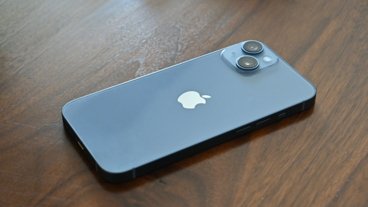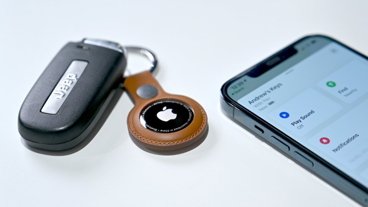T-Mobile blames its poor performance on lack of iPhone
"The U.S. used to be a cash cow for Deutsche Telekom," reports the Wall Street Journal, "but it has struggled there since 2008 and has been forced to invest more to keep existing customers and attract new ones."
The report said TMobile "gained 137,000 customers in the September quarter driven by wholesale growth in the prepaid business, bringing its subscriber base to 33.76 million, but the number of more valuable contract customers fell by 60,000 to 26.69 million."
No chance of getting the iPhone in the short term
Chief Executive Rene Obermann said T-Mobile's churn rate in the U.S. is being driven by the iPhone. "Consumers like T-Mobile but they also want to have the iPhone," which T-Mobile USA "has no chance of getting in the short term," the report said.
In Europe, Deutsche Telekom was an early, exclusive partner with Apple in selling the iPhone, but has recently lost its exclusive status as Apple added other carriers.
In the US however, the firm's T-Mobile business can't sell Apple's existing iPhone models at all; even though T-Mobile is, like AT&T, a GSM/UMTS carrier, it uses unique radio frequencies for its 3G service that are not compatible with existing iPhones.
Greater iPhone threat on the horizon
Apple is widely reported to be introducing a new CDMA-compatible iPhone in early 2011 that can be sold by Verizon Wireless, a move that will put even more pressure on T-Mobile.
"Judging by Apple's experience in other markets," the report stated, "adding Verizon could double iPhone's U.S. smartphone market share. In France, for instance, iPhone's market share tripled from 3% to 11% between the first and third quarters of 2009, after Apple went from one carrier to three, says Strategy Analytics. The firm's global wireless practice director, Neil Mawston, says markets like the U.K. have shown a similar pattern."
 Daniel Eran Dilger
Daniel Eran Dilger










 William Gallagher
William Gallagher
 Andrew Orr
Andrew Orr
 Sponsored Content
Sponsored Content
 Malcolm Owen
Malcolm Owen



 Mike Wuerthele
Mike Wuerthele







